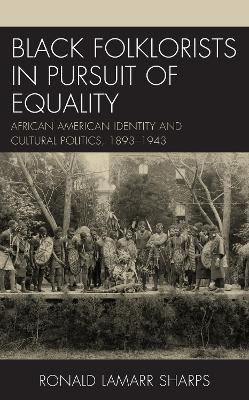Studies in Folklore and Ethnology: Traditions, Practices, and Identities
1 total work
In pursuit of equality, African American movements turned to folklore to reveal the soul of a race and find a path toward civilization. This book provides a comprehensive chronicle of these initiatives and their reception starting with the folklore society organized by Hampton Institute in 1893 and continuing through the early 1940s with the American Negro Academy, graduates of Fisk University, William Hannibal Thomas, the NAACP, the Urban League, the Friends of Negro Freedom (black socialists), the Universal Negro Improvement Association, and blacks associated with the Communist Party USA. Disavowing a culture of money, guns, and death, black folklorists in these movements, Sharps finds, variously exposed an inner life of the race ranging from loving (forgiving) and loyal to imitative, tragic, happy, faithful (spiritual), emotional, and aesthetic (creative). To complete freedom, they primarily reconciled racial identity with a path to an ever-perfecting civilization, ranging from economic and political equality to social equality, nation-building, and full equality and self-determination. Folklore itself would be among their unique contributions.
